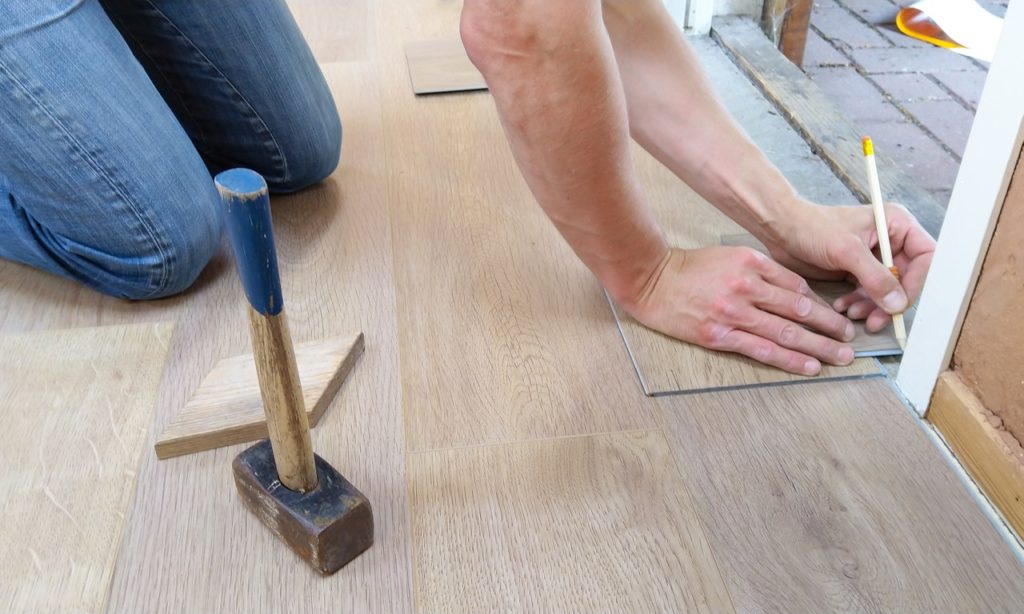Home renovations require planning and enough savings to cover the expenses for materials and labour. While it can be quite exhausting and time-consuming, it comes with a lot of advantages. For one, it increases the overall value of your home. Especially if you are planning on selling the house in the future, a home renovation is one of the best ways to raise its value.
Another benefit to renovating the home is that it increases the overall efficiency of the abode. You can install new windows, replace roofing, improve insulation, remove old fixtures, and replace them with new ones. You can even install energy-efficient heat pumps and other features. You can also recreate the rooms of the house and turn them into something more beneficial for the growing needs of each member of the family.
Looking to renovate your home? Here are some points to consider before you get on with this venture.
Budget
How much you have and how much you are willing to shell out play a vital role in the expected output of your renovations. Renovating a home is often pricey, but you can also do it on a budget if money is a concern. Setting a budget is important as it allows you and your contractor to set a concrete plan. It helps set a direction on where and how to start.
Plan
Whether big or small, every home remodeling undertaking can go out of track if you do not have a concrete plan set beforehand. Planning makes all your renovation activity easier. With concrete plans on hand, you can control all expenses, all replacements, and repairs that need to be done. It helps you not get over the budget and spend more than you have allotted for the project. With proper planning, you can pinpoint which parts of the house need bigger attention, what new look you want it to have, what you want to put in it, and if you would need to change the existing flooring. Planning takes everything into perspective and makes it easier for you to prepare all the project requirements.
Machinery
If your renovation involves the use of major machinery, see if access is feasible. Is there enough space to let the machinery in? Will the machinery pose a problem with neighbours? Some heavy equipment essential for home renovation projects can be too large to fit in neighbourhood streets. Talk with your contractor if there would be a need for heavy equipment, such as bulldozers, excavators, power generators, submersible pumps, dump trucks, and scrapers. You may also need to check with your local authority and see if you will need to secure permits for these.
Contractors
Hiring the right professionals for your project can spell success. Take time in choosing contractors for your home development. Read reviews, visit their physical offices, and ask for a portfolio of previous renovation jobs they have accomplished. Ask for referrals from friends and family as well. They might know someone who has handled their home renovations with ultra-positive results.
Do background checks if you must. Know the minimum credentials of each, even those referred by friends and family. Know their work history and work habits. Check if they have current permits and insurance coverage. Verify as well if they have received complaints in the past or if there are pending or past legal actions against them.
Contract
Take note of the details included in the contract. The start date and completion period should be clear. There should also be a clear agreement on the application of building permits and all fees associated with them. Get a complete list of the products or services that the contractor will provide, and remember to include payment terms and warranty of workmanship. Also, have a clear-cut agreement on subcontractor issues. Make sure that you will not be held liable for any untoward incidents that may happen to the contractor and that you will not be held accountable should the contractor fail to pay their workers or subcontractors.
Some unexpected discoveries can come up with an ongoing renovation, such as leaking pipes in the bathroom, mildew under floors, and many other problems hidden from view. These instances should be included in your plan before starting with the renovations. You should also keep a plan B in case some of your original plans need an upgrade.
Indeed, renovating a home can be overwhelming. Don’t get flustered with all the nitty-gritty of preparations, though. When done right, a home renovation can get you more benefits after its completion.


